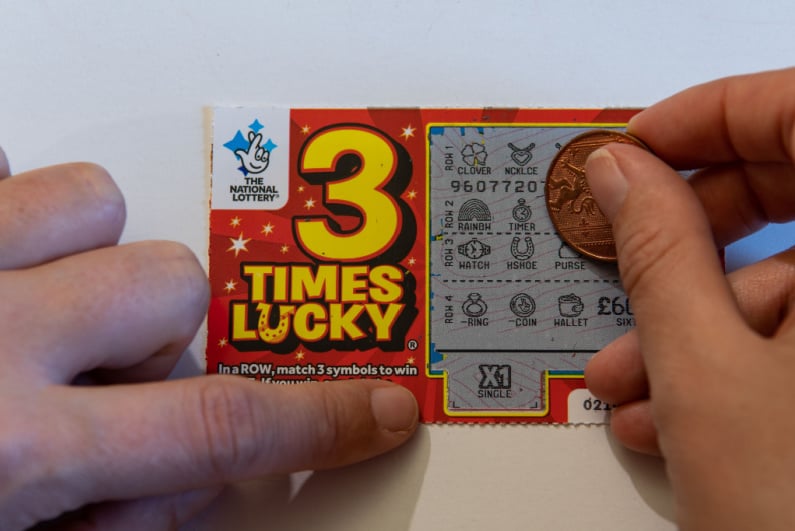After-effects of gambling
Mental health and stability continue to be a focus for investigators amid the unprecedented rise of gambling worldwide.
the use of scratch-offs, which for many are tossed in with birthday and Christmas presents
Research from the United Kingdom revealed that problem gamblers are prone to planting the seeds of troubling traits in their children through the use of scratch-offs, which for many are tossed in with birthday and Christmas presents. While the findings are being analyzed, the UK Gambling Commission (UKGC) is also looking into ten suicide deaths for fear of harmful gambling links.
The findings from both the survey and investigations could dictate a new course for a positive but vulnerable market, one that seems destined to take over the world of entertainment.
Generational problems
Scratch-offs. Scratch-offs are the one-dollar bit-part of gambling’s offerings available at any corner store, gas station, or grocery store. The tickets provide fun and anticipation and protect customers from grave disappointment due to their low purchase price.
However, the insignificance of the tickets’ monetary value could be overshadowed by their harmful long-term effects.
As reported by The Guardian and according to a YouGov study commissioned by British gambling charity GamCare, a definitive portion of problem gamblers enjoy playing scratch-offs with their kids.
38% of problem gamblers had bought tickets for their children
The study surveyed 4,000 UK-based parents ages 16 and up, to which 12% confessed to purchasing scratchers for their children. YouGov used that information to determine that 38% of problem gamblers had bought tickets for their children, and 22% of minor gamblers had handed tickets to youths.
However, National Lottery data suggests that gambling problems are on the decline. The lottery reported scratch-off sales of £1.73bn ($2.03bn) in the first half of the 2021-22 fiscal year, up 1.6% year-to-year. At the same time, the UK’s gambling addiction rate fell from 0.4% to 0.2%.
GamCare’s Alexa Roseblade noted that people “regularly” find other ways to gamble. Early exposure to scratch-offs, though, also provides parents the opportunity to inform their children of the dangers of addiction.
UKGC demands answers
Unfortunately, cases of gambling problems are not always trivial as simple numbers make them seem.
Recently, the British regulator contacted operators that may have held business with ten suicide victims, including former longtime Oxford United soccer player Joey Beauchamp.
Substack news account Earnings and More said that it got its hands on a letter sent to the operators, which reads as follows:
“At this stage we simply ask (that) you review your customer database and advise whether you have any records of a customer relationship with any of these individuals.”
“Given the limited nature of the information we have provided, you may want to conduct open-source or other checks to cross-reference what you find.”
clarification if [the companies] were aware of any concerns about Gambling-related harm”
If the operators turn over history with the deceased, the regulator will want information on the amounts wagered, “clarification if [the companies] were aware of any concerns about Gambling-related harm,” and answers “as to whether [the companies] were aware that an individual had taken their own life.”
The UKGC has had its hands full on multiple fronts lately. Last year, the commission fined Aspers Casino in Stratford, London, £650,000 ($760,347) for social responsibility failings after it was revealed that a 37-year-old killed himself the same night he lost £25,000 ($29,244) on roulette and slot machines.
Last month, the commission suspended the betting license for operator Bet-at-Home for social irresponsibility and fear of money laundering.
The UKGC was also part of a governmental drive to put pressure on Premier League teams amid a looming gambling advertising ban.
